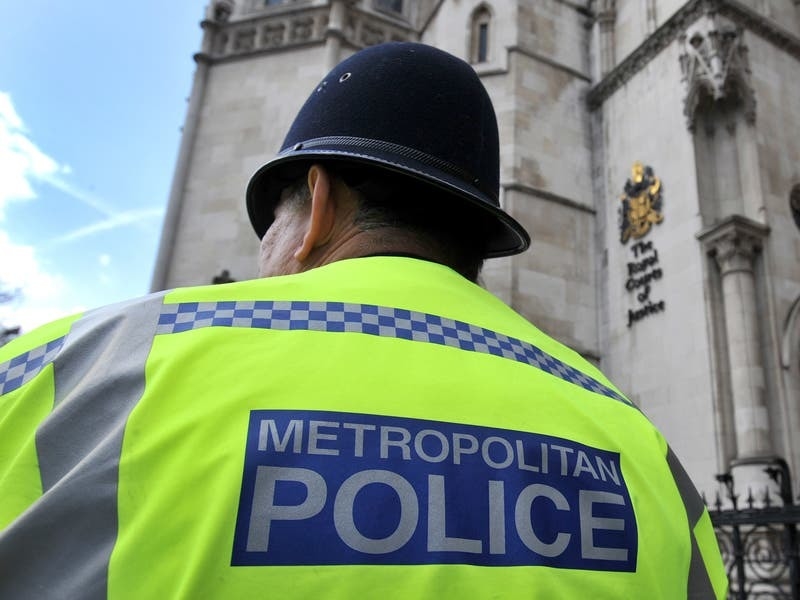Thich Quang Do, a Buddhist monk who became the public face of religious dissent in Vietnam while the Communist government kept him in prison or under house arrest for more than 20 years, has died at the age of 91.
Mr Do, who died Saturday in Ho Chi Minh City, was the highest leader of the banned Unified Buddhist Church of Vietnam, which has constantly tangled with the government over issues of religious freedom and human rights.
He suffered for many years from diabetes, a heart condition and high blood pressure, according to the International Buddhist Information Bureau in Paris.
Mr Do was nominated for the Nobel Peace Prize and received several awards for his activism, including the Rafto Prize for Human Rights and the Hellman/Hammett award, which the New York-based group Human Rights Watch gives to writers in recognition of their courage in the face of political persecution.
“People are very afraid of the government … Only I dare to say what I want to say. That is why they are afraid of me,” he told The Associated Press in a rare 2003 interview.
Even as Vietnam has embraced economic liberalisation and free markets, its political system remains firmly under the control of the Communist government.
Mr Do said that freedom, democracy and human rights “are more important than economic development” and without them “we cannot make any progress in the real sense”.
I pay tribute to the Venerable Thích Quảng Độ, Patriarch of the Unified Buddhist Church. He has passed away on Saturday, Feb 22nd 2020 at Từ Hiếu pagoda, #Saigon. He has sacrificed all his life for #Buddhism and human rights in #Vietnam.#ThichQuangDo pic.twitter.com/9zILMHk1VH
— Tien Trung Nguyen (@ntientrung2014) February 24, 2020
He had been under near constant surveillance for years at his home in Ho Chi Minh City, the Thanh Minh Zen Monastery, where according to his supporters he organised micro-credit schemes and flood relief campaigns while coordinating provincial committees of his outlawed church.
According to the International Buddhist Information Bureau, he had been deprived of all means of communicating independently for the past year after he moved to the city’s Tu Hieu Pagoda, after being sent out of Thanh Minh Zen Monastery and briefly living in northern Vietnam.
Mr Do was born Dang Phuc Tue in northern Thai Binh province on November 27 1928. His defiance of repressive governments predates the 1975 Communist takeover of US-backed South Vietnam and the former Saigon, now Ho Chi Minh City.
He was first imprisoned in 1963 under Catholic leader Ngo Dinh Diem, and after Vietnam was reunified he protested against its ruling Communists.
After his 1977 arrest on charges of “undermining national solidarity” and conducting “anti-revolutionary activities,” Mr Do endured nearly two years of solitary confinement in a roughly 3ft by 6ft prison cell, gazing through a window the size of his hand until international pressure forced his release.
In 1981, the government created the Communist Party-controlled Vietnam Buddhist Church and forced Mr Do into internal exile in northern Thai Binh province. Mr Do was later offered the leadership of the official church, but he refused and in 1992 fled to Ho Chi Minh City.
In 1995, he was sentenced to five years in prison on charges that included sending two faxes to overseas Buddhists accusing the government of obstructing a church-sponsored flood relief mission.
International pressure led to his early release in 1998, but he was again placed under house arrest in 2001.
Although Mr Do was officially freed two years later, a 2005 report by the UN Working Group on Arbitrary Detention cited an unnamed source as saying restrictions on Mr Do were “equivalent to detention”.
Over the years Vietnam denied accusations that it placed Mr Do and a former leader of the Unified Buddhist Church of Vietnam, the late Thich Huyen Quang, under house arrest.
They “lead normal lives” at their respective monasteries, foreign ministry spokesman Le Dung said in 2005.






